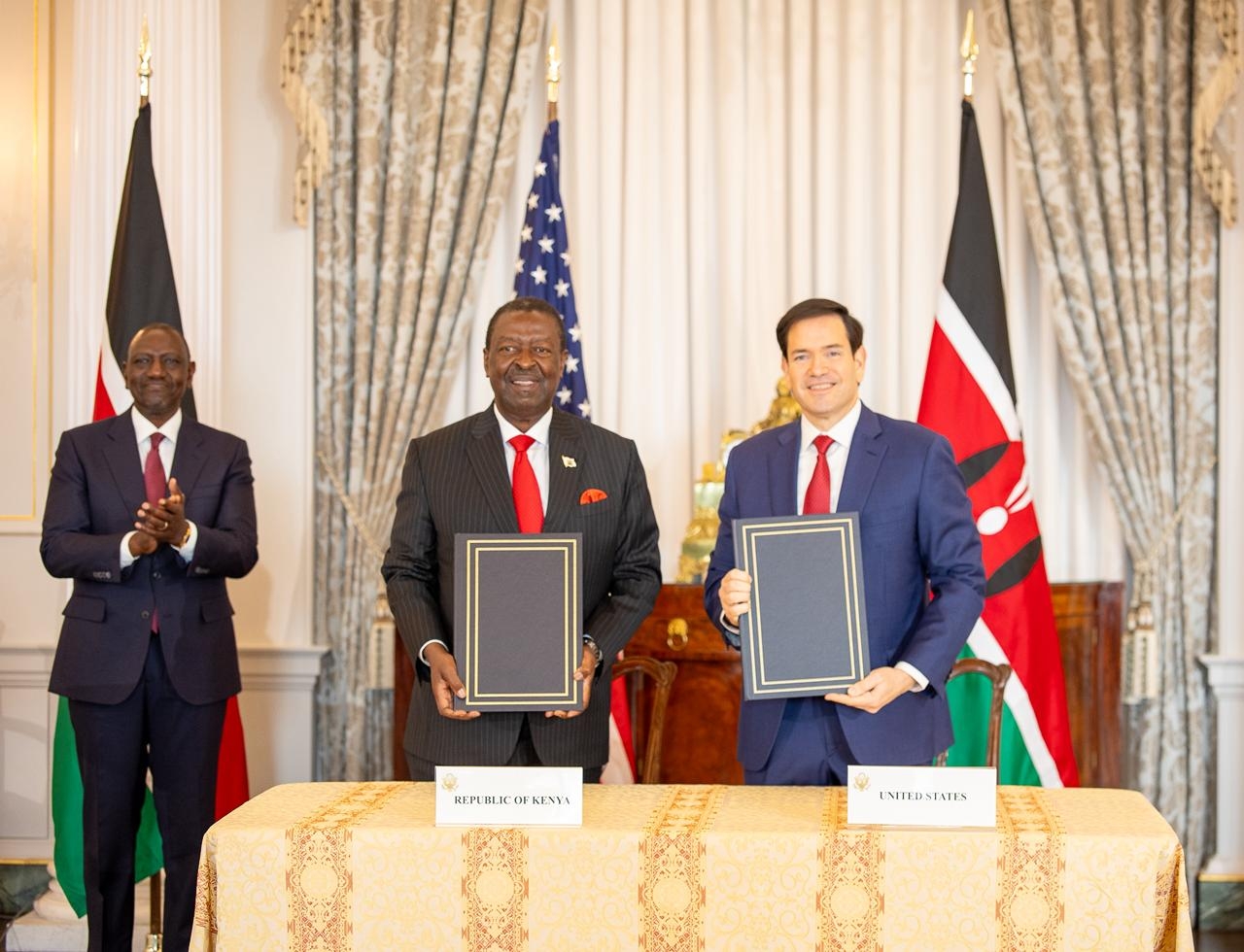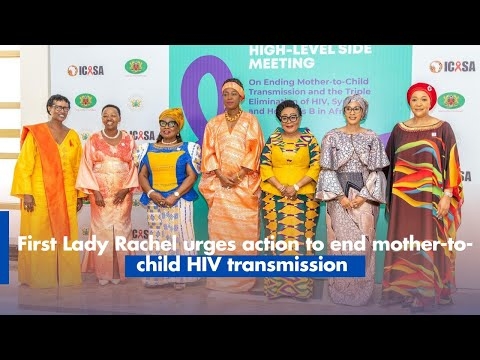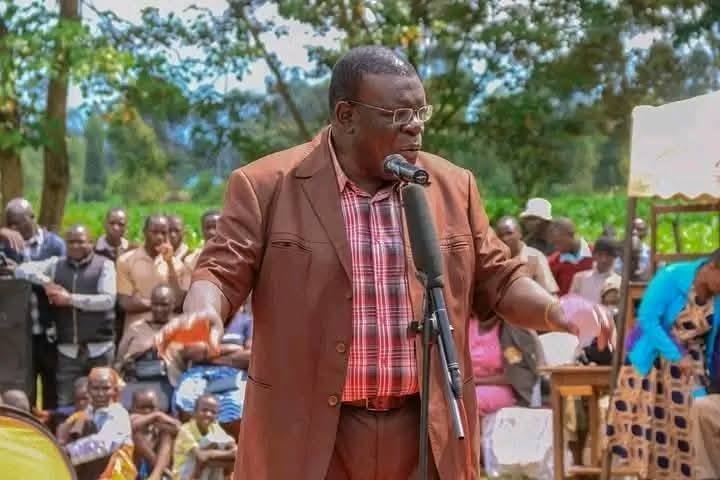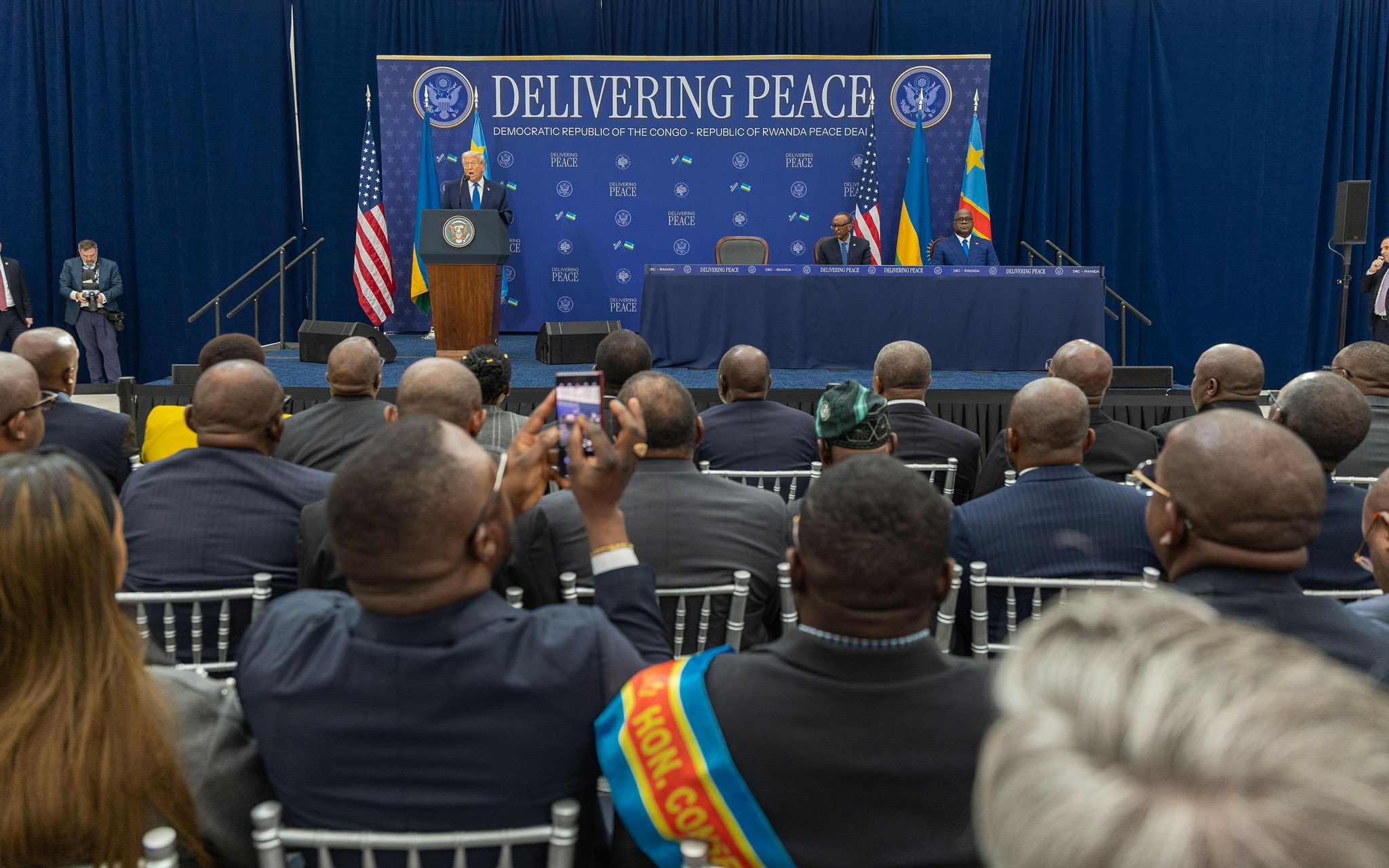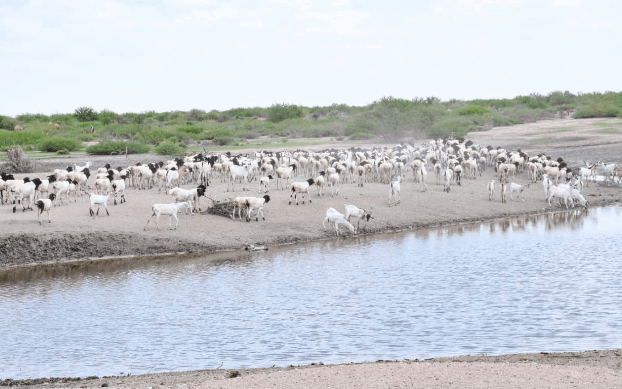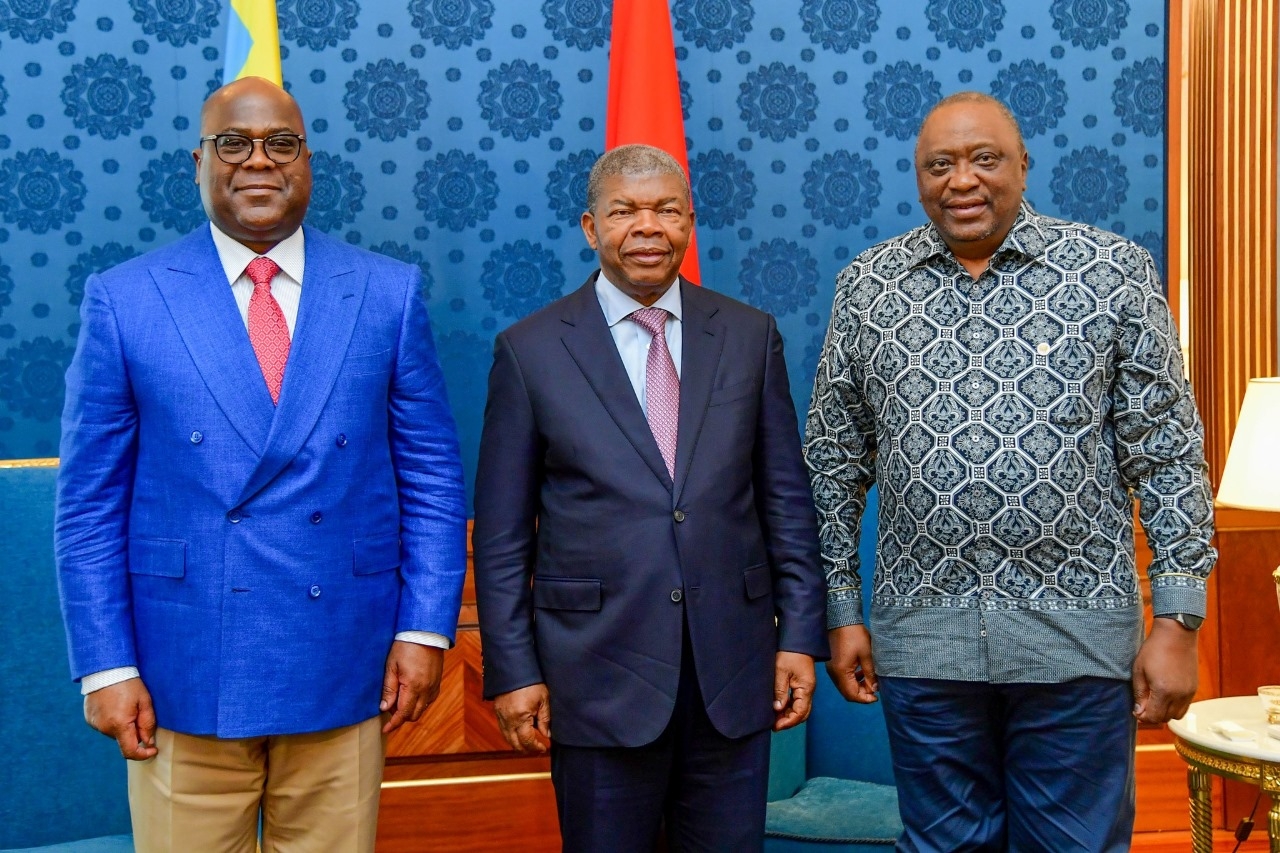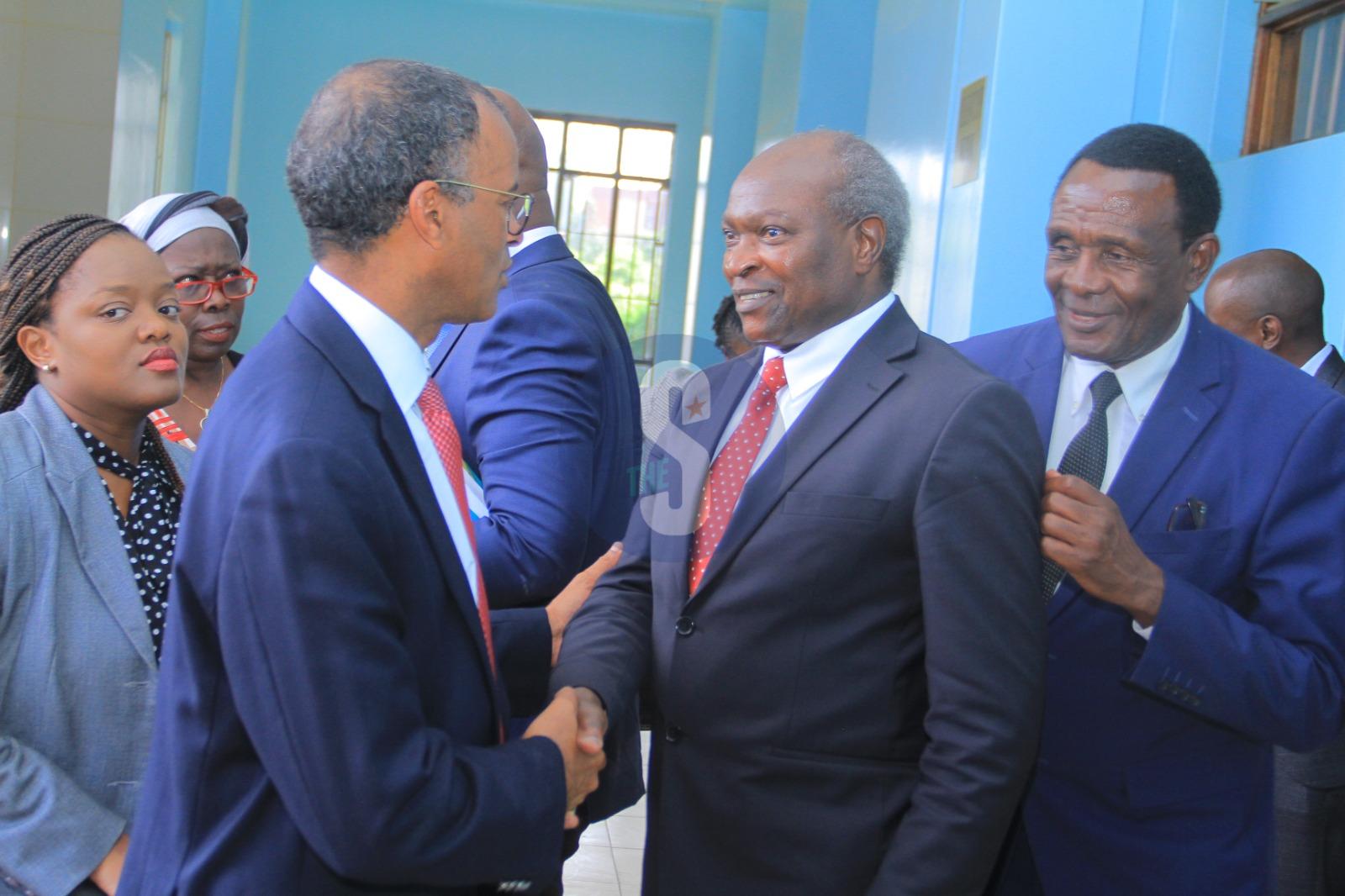
A succession case in which a man is seeking to be recognised as the firstborn to former President Mwai Kibaki has been pushed to June 26, 2025.
Justice Eric Ogola directed parties in the case to bring their witnesses to court even as they continue to pursue an out-of-court settlement.
"Given the possibility of more applications being filed, let all intended applications be filed and served within 14 days. Applications challenging the validity of will shall be heard orally," the judge said.
The parties have initially made attempts to settle the matter through mediation, but the same has not been fruitful.
At the heart of the negotiations is whether Kibaki's children—Judy Wanjiku, Jimmy Kibaki, Kagai Kibaki, and Githinji Kibaki—will recognise a woman codenamed JNL and Jacob Ocholla as their siblings and how much each should receive.
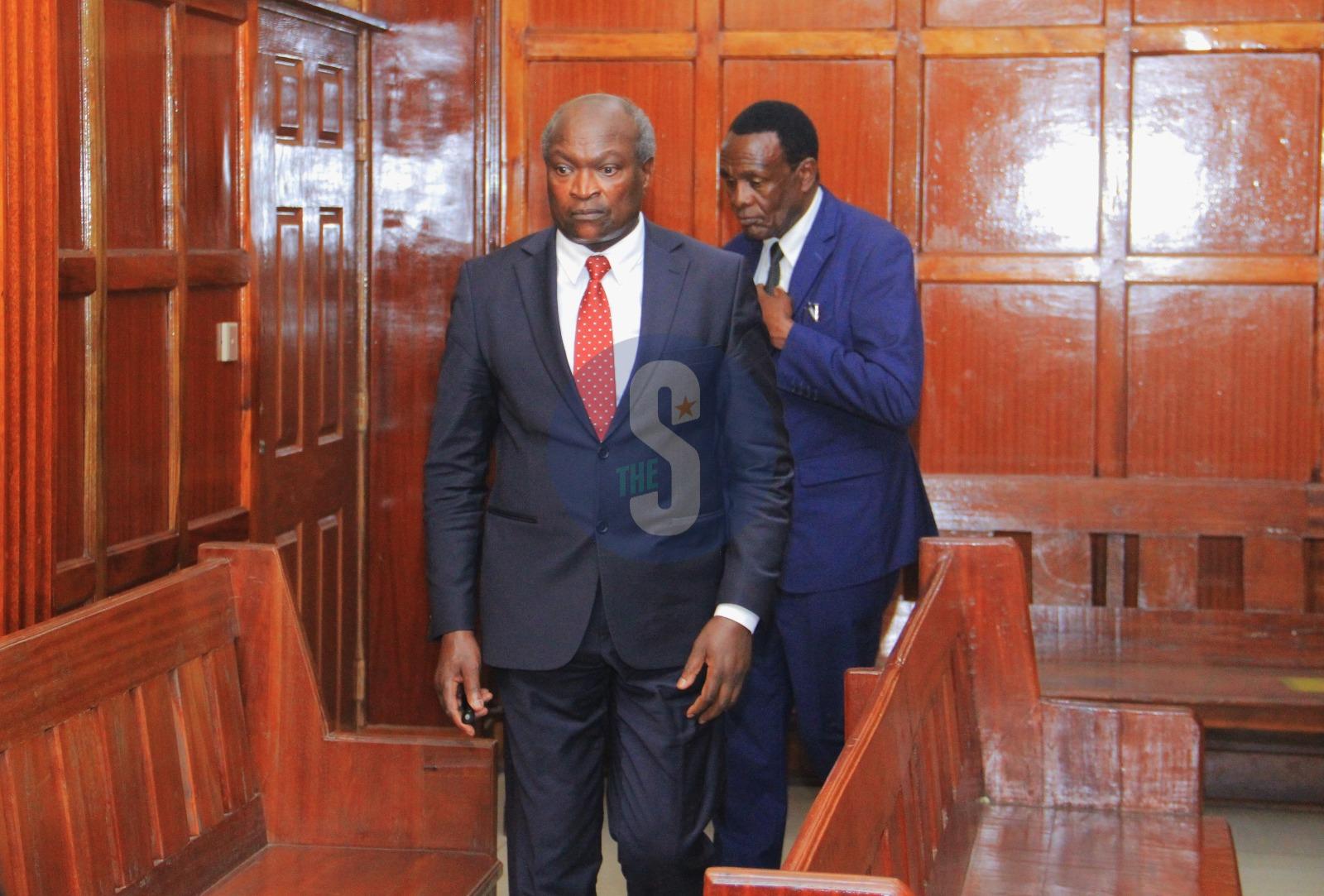
JNL and Ocholla are seeking a share of Kibaki's empire on the grounds that they were also his children.
Ocholla has since made an application seeking to have Kibaki's body exhumed for DNA testing. They say it's the only way to confirm if he was their biological father.
On Thursday, parties said doors of mediation remain open.
"If there's any opportunity we can get to discuss, we will," they told the court.
The judge encouraged the parties to try and resolve the case through mediation; if not, they meet in court on June 26 for a hearing on the applications before the court.
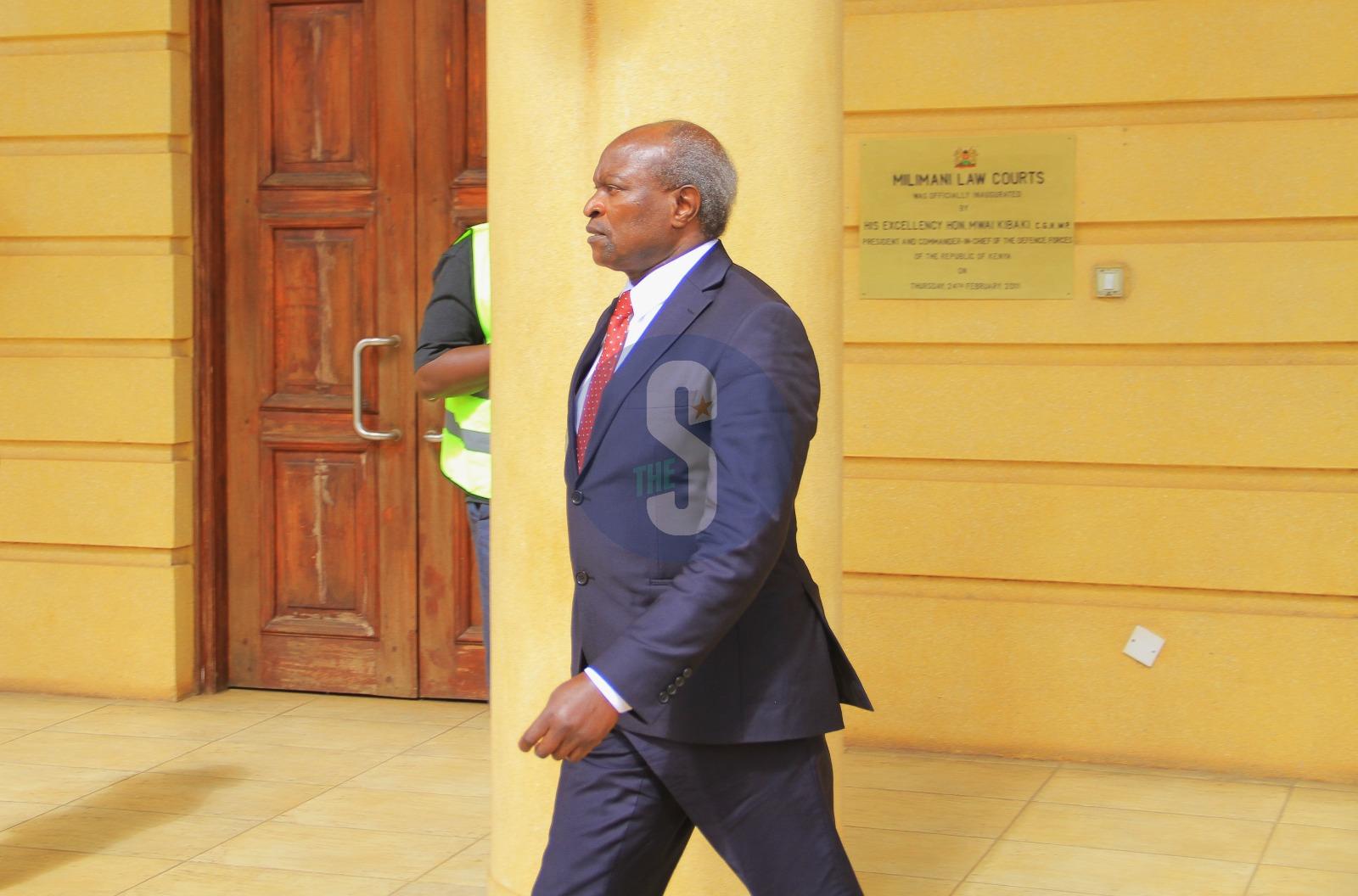
In the case, Ocholla claims no existing male siblings can assist in getting the right DNA to ascertain that he is Kibaki's son. He claims he is Kibaki's firstborn child.
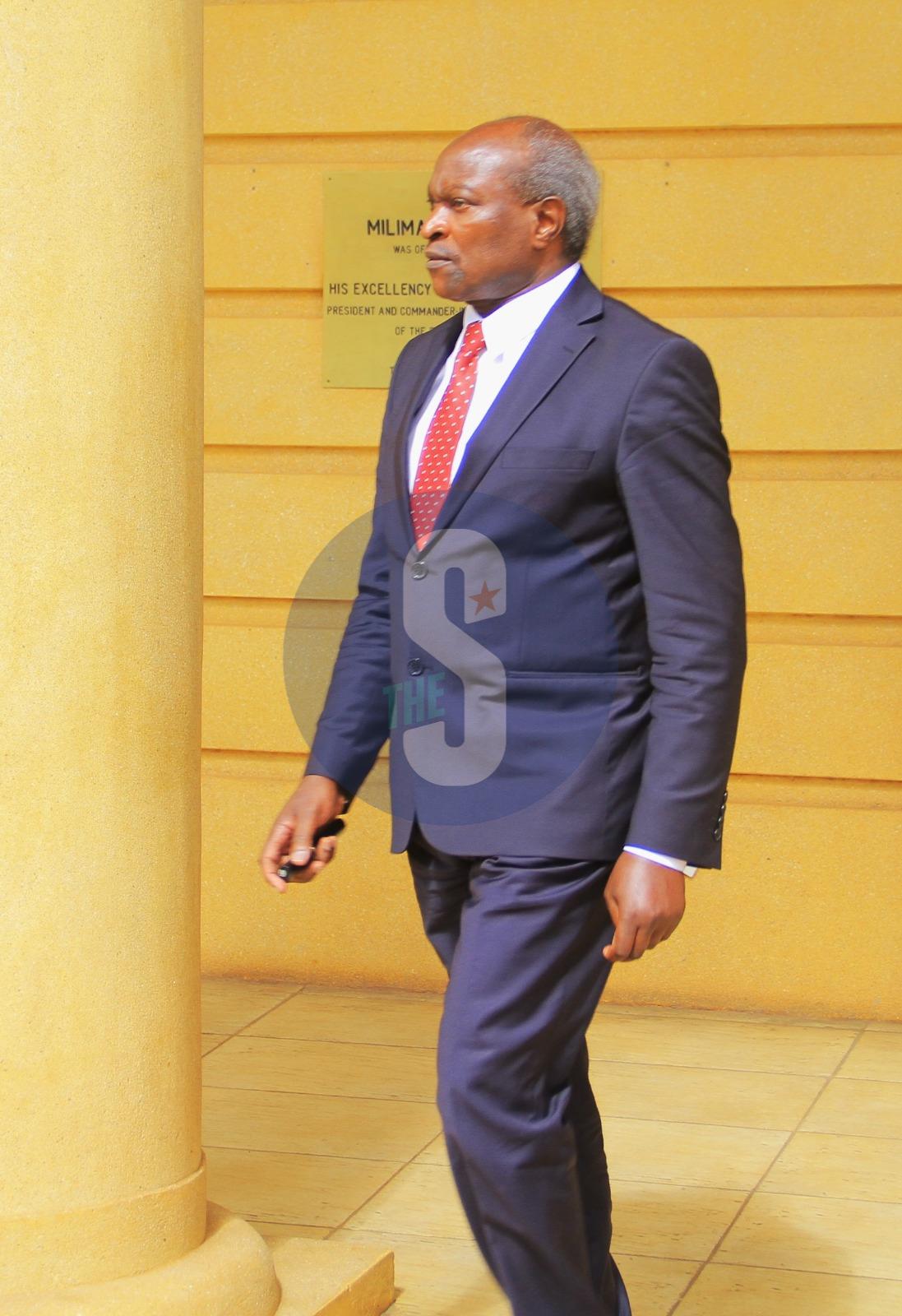
Kibaki had listed his four children, Judy Wanjiku, Jimmy Kibaki, David Kagai, and Anthony Githinji as heirs to his multimillion-shilling estate.
The children have since opposed attempts to exhume Kibaki's body saying subjecting the body to DNA testing will violate their privacy.
Judy who swore the affidavit on behalf of her siblings also said the order to exhume Kibaki's remains cannot be whimsically granted since he was buried following a state funeral and that the interment was a matter of national and international importance which public funds funded.


